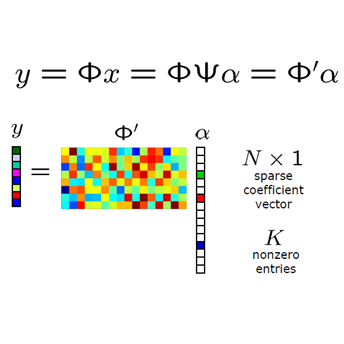Tomographic image reconstruction with deep learning is an emerging field, but a recent landmark study reveals that several deep reconstruction networks are unstable for computed tomography (CT) and magnetic resonance imaging (MRI). Specifically, three kinds of instabilities were reported: (1) strong image artefacts from tiny perturbations, (2) small features missing in a deeply reconstructed image, and (3) decreased imaging performance with increased input data. On the other hand, compressed sensing (CS) inspired reconstruction methods do not suffer from these instabilities because of their built-in kernel awareness. For deep reconstruction to realize its full potential and become a mainstream approach for tomographic imaging, it is thus critically important to meet this challenge by stabilizing deep reconstruction networks. Here we propose an Analytic Compressed Iterative Deep (ACID) framework to address this challenge. ACID synergizes a deep reconstruction network trained on big data, kernel awareness from CS-inspired processing, and iterative refinement to minimize the data residual relative to real measurement. Our study demonstrates that the deep reconstruction using ACID is accurate and stable, and sheds light on the converging mechanism of the ACID iteration under a Bounded Relative Error Norm (BREN) condition. In particular, the study shows that ACID-based reconstruction is resilient against adversarial attacks, superior to classic sparsity-regularized reconstruction alone, and eliminates the three kinds of instabilities. We anticipate that this integrative data-driven approach will help promote development and translation of deep tomographic image reconstruction networks into clinical applications.
翻译:进行深层学习的图像重建是一个新兴领域,但最近一项具有里程碑意义的研究表明,一些深层重建网络对于计算断层成像和磁共振成像来说不稳定。 具体地说,报告有三种不稳定性:(1) 细小扰动的强烈图像制品,(2) 深层重建图像中缺少的微小特征,(3) 投入数据增加,图像性能下降。另一方面,由压缩感测(CS)启发的重建方法并不因这些不稳定性而受到影响,因为它们的内在内核意识。为了实现其全部潜力的深层重建,成为成映像成像的主流方法,因此,通过稳定深层重建网络来迎接这一挑战至关重要。我们在这里建议建立一个分析性复杂深度透析深深深深层图像框架来应对这一挑战。 CID将一个经过大数据培训的深度重建网络,CS启发性处理的内层意识,以及迭代完善数据残余与真实度测量方法。我们的研究表明,使用ACID的深层重建是准确和稳定的,并且将深刻的深度数据转化为重建的重建机制。




